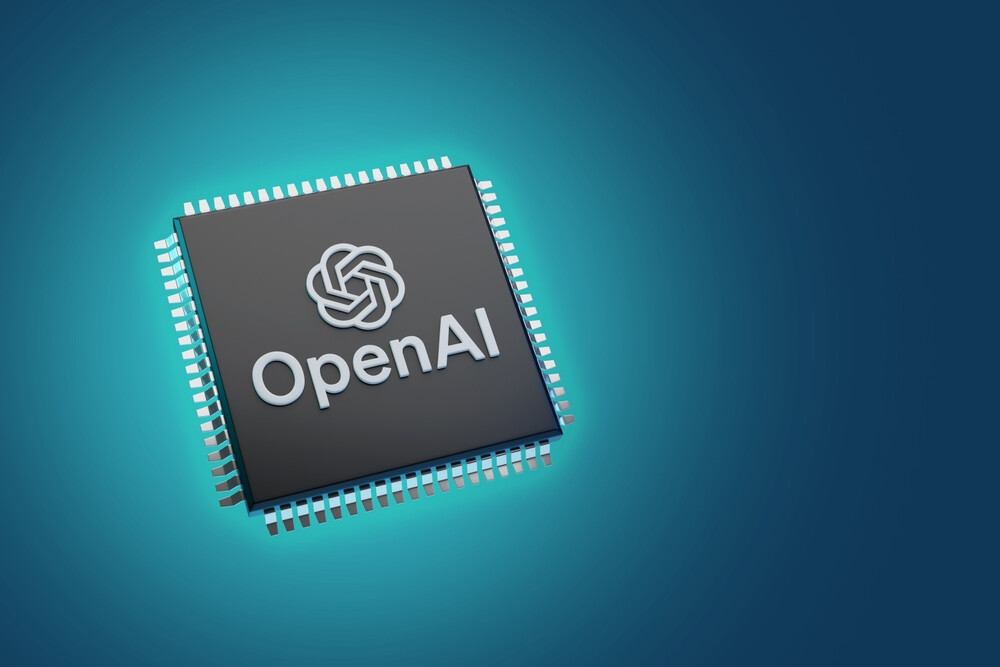
[GLOBAL ECONOMIC TIMES] ChatGPT developer OpenAI plans to entrust the production of its own artificial intelligence (AI) chips to Taiwan's TSMC, the world's largest foundry (semiconductor consignment production) company. The chip design will be handled by Broadcom, an American semiconductor design company. The purpose is to reduce dependence on NVIDIA, which holds the AI semiconductor hegemony.
On the 29th (local time), Reuters reported, “Open AI plans to develop its own chips with Broadcom to diversify chip supply and reduce costs.” In addition to developing its own chips, OpenAI has decided to increase the proportion of AI chips it procures from AMD, Nvidia's competitor.
Broadcom is in charge of chip design. Broadcom is an American fabless (semiconductor design company) that specializes in communication chip design. Google's deep learning specialized chip, Tensor Processor Unit (TPU), and Meta's AI chip 'Mita' are based on Broadcom's design. China's ByteDance, the operator of China's video platform TikTok, has also begun developing AI chips with Broadcom.
Manufacturing is handled by TSMC. Originally, OpenAI CEO Sam Altman envisioned a worldwide ‘fab (semiconductor factory) network’ to cover the vast demand for AI chips. To this end, it is known that they have drawn up a plan to raise funds amounting to 7 trillion dollars (approximately 9,300 trillion won), and have also met with a number of investors from the Middle East and other countries. Reuters reported, “OpenAI envisioned a high-cost plan consisting of networks of multiple foundries,” and added, “However, due to cost and time issues, this ambitious plan was abandoned and the company pivoted to solely focus on design.”
In order to maintain the large language model (LLM), which is the basis for AI learning and inference, a huge amount of computing chips are essential. Representative examples include AI computing graphics processing units (GPUs) for servers such as NVIDIA A100 and H100. AI companies spend billions of dollars every year on chips. OpenAI has been examining many options to lower chip costs and diversify supply. It is for this reason that Altman visited Korea in June of last year and January of this year. CEO Altman also toured Samsung Electronics' Pyeongtaek Foundry semiconductor production line in January, raising expectations for orders.
[Copyright (c) Global Economic Times. All Rights Reserved.]



























